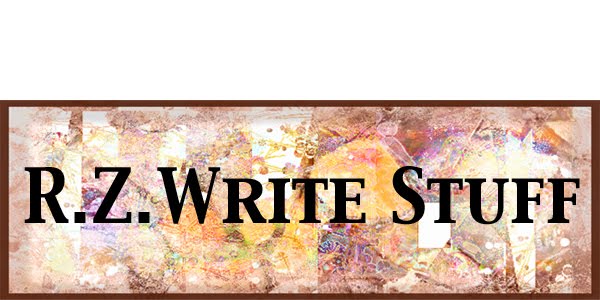Train
In early morning darkness,
before the sun rises
on the east side of Greeley,
The train whistles the miles
from North to South.
I imagine smoke rings,
or round puffs blown out,
like E.E. Cummings'
little old balloon man
whistling far and wee.
When I was young,
we could still hear the train
sound its steam whistle
between Harlan and Mesick
In its Southeast run
through the twenty mile woods
west of our farm, on public land.
Chills would play my spine like
fingers on the stops of my clarinet.
In addition to memory, associations can lead from one image to another. Awakened in the night by the train whistle carried on the wind to my open window, much of this poem was created in the darkness. The image of the bridge abstraction reminded me of the train trestle crossing the Manistee River in Michigan, and of the metal bridge the school bus went over every school day. Often when the water was high, I would also get shivers while crossing that bridge.
One association can lead to another. Often I write down the ideas and these jottings can lead to other poems. Images also can stimulate writing, and poems can suggest images. The "Twenty Mile Woods" conjures other mysteries in my mind, connections which lead to many places.
Writing and Images are the Copyright of Ruth Zachary



